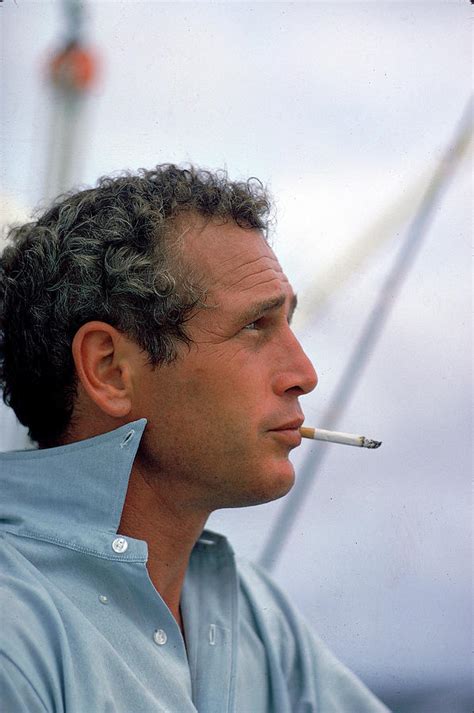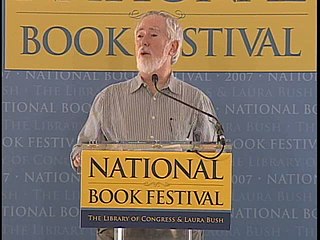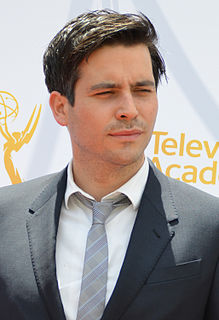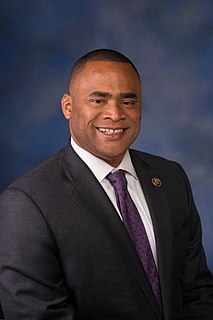A Quote by Cate Marvin
I consider poetry my vocation, not my "career." My career is as a university professor; that's what pays the bills.
Related Quotes
I would not recommend poetry as a career. In the first place, it's impossible in this time and place - in this culture - to make poetry a career. The writing of poetry is one thing. It's an obsession, the scratching of a divine itch, and has nothing to do with money. You can, however, make a career out of being a poet by teaching, traveling around, and giving lectures. It's a thin living at best.
I don't really have a career as a jazz musician. I don't really have a career as a classical musician. I don't really have a career as a college professor, and yet I did all those things and I did them well. I put out some records in the 1980's and 1990's that changed the way some trumpet players played.
I was going to be a High School teacher. I was studying at the University of Alberta in Edmonton, up in Canada. I was also acting in a wonderfully supportive theatre community in Edmonton. There's a lot of support for theatre there. So, I was having a great time, but I didn't consider acting as a serious career initially, because even the most successful actors that I know in Edmonton are not super successful. Acting over there is just not a success-oriented career.







































